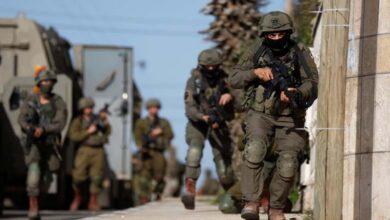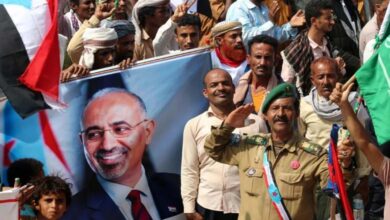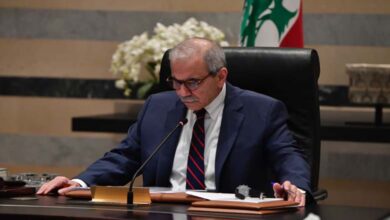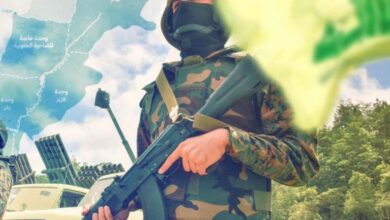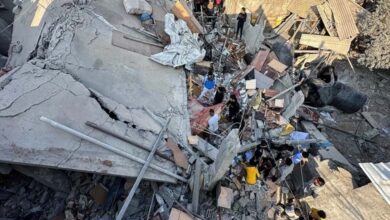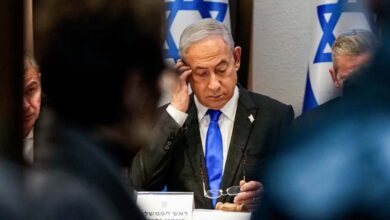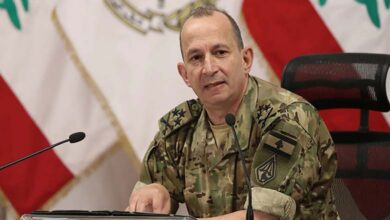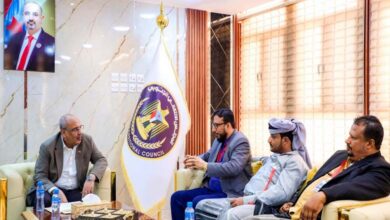The coordinating framework presses to turn Al Sudani into an interface for governance
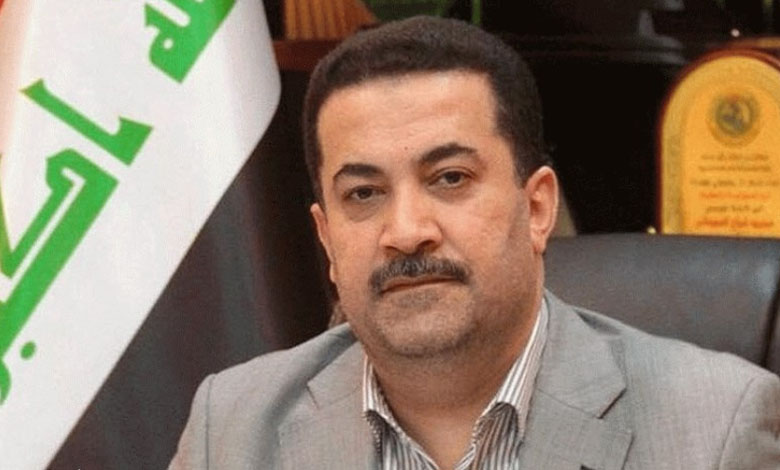
Iraqi Prime Minister Mohammed Shia’ Al Sudani is under intense pressure from leaders within the coordination framework that includes the pro-Iranian Shiite powers with the exception of the Sadrist Movement, according to Iraqi political sources who spoke of disagreements and threats to even lift the political cover off Al Sudani and push for his removal.
It was the Coordination Framework that nominated Al Sudani, who is close to the leader of the State of Law Coalition, Nouri Al-Maliki, for the premiership. Al Sudani was engaged in a factional battle with Muqtada Al-Sadr, leader of the Sadrist movement, which turned violent at times before Al-Sadr withdrew his followers from the Green Zone and the perimeter of the parliament and withdrew from politics, leaving the field open for his Shiite rivals.
According to the Iraqi Kurdish Shafiq News Agency, the disputes that emerged between the leaders of the Coordination Framework and the Sudanese parties were due to the latter making “decisions without referring to the leading body in the framework, which provoked resentment and rejection by the framework leaders, led by Nouri al-Maliki”.
These disagreements reveal the lack of independence of Al Sudani’s decision to run state affairs and the extent of the interference of framework leaders in the work of the government. Meanwhile, it has been said in the past months that Nouri al-Maliki is to some extent dominating power behind the scenes.
It is not clear what decisions Al Sudani took without referring to the Framework’s leadership body, but whatever those decisions are supposed to be governmental decisions, and no one has the right to interfere except through constitutional frameworks, such as when the prime minister is summoned to the parliament for questioning.
“But the fact that leaders of the coordination framework have stepped outside constitutional frameworks makes the prime minister a mere front for the rule of pro-Iranian Shia forces, while previous Western reports have suggested that Al Sudani’s government is giving Tehran broader leverage in Iraq and increasing its reach into state power.”
The Iraqi Kurdish Agency quoted its sources as saying that the leaders of the coordinating framework “informed Al Sudani in a recent meeting of the need to inform the leadership committee of the framework of any decision before it is officially taken, with the need to find quick solutions to the crisis of the rise of the dollar in the local market.”
The attempt to impose restrictions on Al Sudani and pressure him to return all his decisions to the leadership of the Framework takes away the prime minister’s powers and turns the Framework into the actual ruling party.
The political sources continued, “The leaders of the coordination framework informed Al Sudani that any decline in the economic and living standards of citizens will affect the status of the electoral framework forces, especially since Iraq is on the eve of local elections: provincial council elections and early parliamentary elections.”
According to the same sources, leaders within the coordination framework sent a warning message to Al Sudani, saying that if he continues to “take decisions individually without referring to the leadership body, he will be removed from political support and protection, which will lead to his dismissal from office.”
Local sources have indicated that Al Sudani is close to Nouri Al-Maliki and that he worked with him for a long time when the latter was prime minister. This weakens the efforts of the prime minister on more than one front and makes him an instrument for implementing the agenda of the State-Law Coalition.
There were differences, especially at the height of the confrontation with the Sadrist Movement. Some of the leaders of the framework suggested dismissing Al Sudani’s candidacy, but Nouri Al-Maliki and others threw their weight behind him, especially after the announcement of the formation of the alliance of the state administration between the framework and Sunni and Kurdish forces.
A US report previously spoke of the difficulties faced by the Iraqi Prime Minister, noting that hand hygiene is not enough and that Al Sudani will face pressure from the coordination framework, as he was the one who nominated him for the post and will not be the decision-maker in running state affairs.



